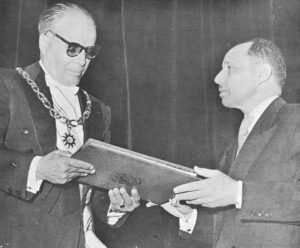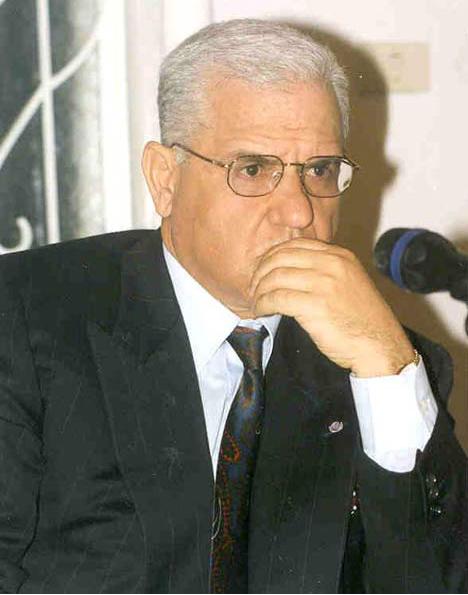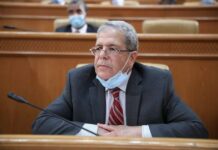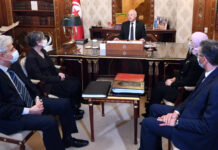In a post on his Facebook page, Sadok Chaaban, the former minister under Ben Ali, said that President Kais Saied’s proposal to hold a referendum on returning to the 1959 constitution with amendments is noteworthy.
Chaaban reiterated what he wrote in October 2014 about the 1959 constitution saying that the transgressions of the past were attributed to 1959 Constitution whereas these trangressions were not from the constitution itself, but from those who ruled in its name.
Chaabane directed his speech to the constitution saying:
«…you had no court to protect you, and there was no partisan balance that prevented you from being unique. They buried you and you did not die, but you were sick as a result of additions that could have been removed, which occurred since 1974, and related to the presidency for life and the semi-presidency for life. You were light and gentle, and they put in your place a text that weighed five times your weight…»
In a nostalgic tone, Sadok Chaaban said that the constitution of 1959 was replaced by heaps of papers full of imposed rights and liberties that neither the American constitution and the English traditions, nor the greatest democracies of the world have ever known! And he stated that writing down rights and liberties are not enough to produce or maintain democracies.
«You were clear about the distribution of power, however, they replaced you with a system clear from the inception that it would be disabled as soon as the political situation changes and as soon as the partisan majorities, thought to last forever, fluctuate.
What they put in 1959 constitution’s place is strange and undefinable it has no parliamentary or presidential roots, but rather a mixture that was put in place to pass the vote.»

It is true, in Sadok Chaaban’s opininion, that what was missing is a constitutional court to protect the former constitution. And instead of just adding a court that can protect it, they wanted to change everything that happened in its era, the era of independence, and they insisted stubbornly on hitting the roots, rebuilding the state – the state of independence, and crushing the constitutional project of the new Tunisia: the Bourguiba project.











